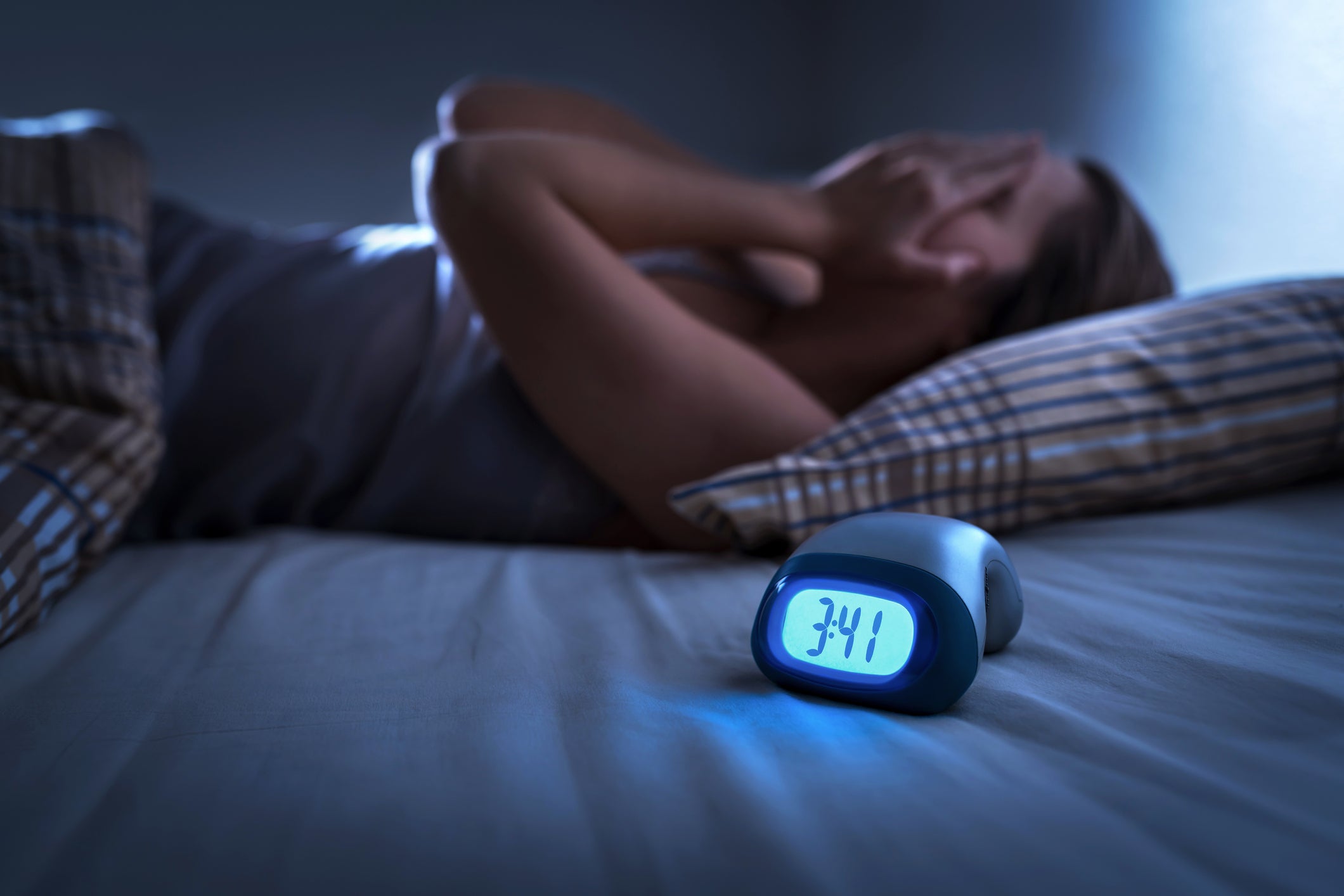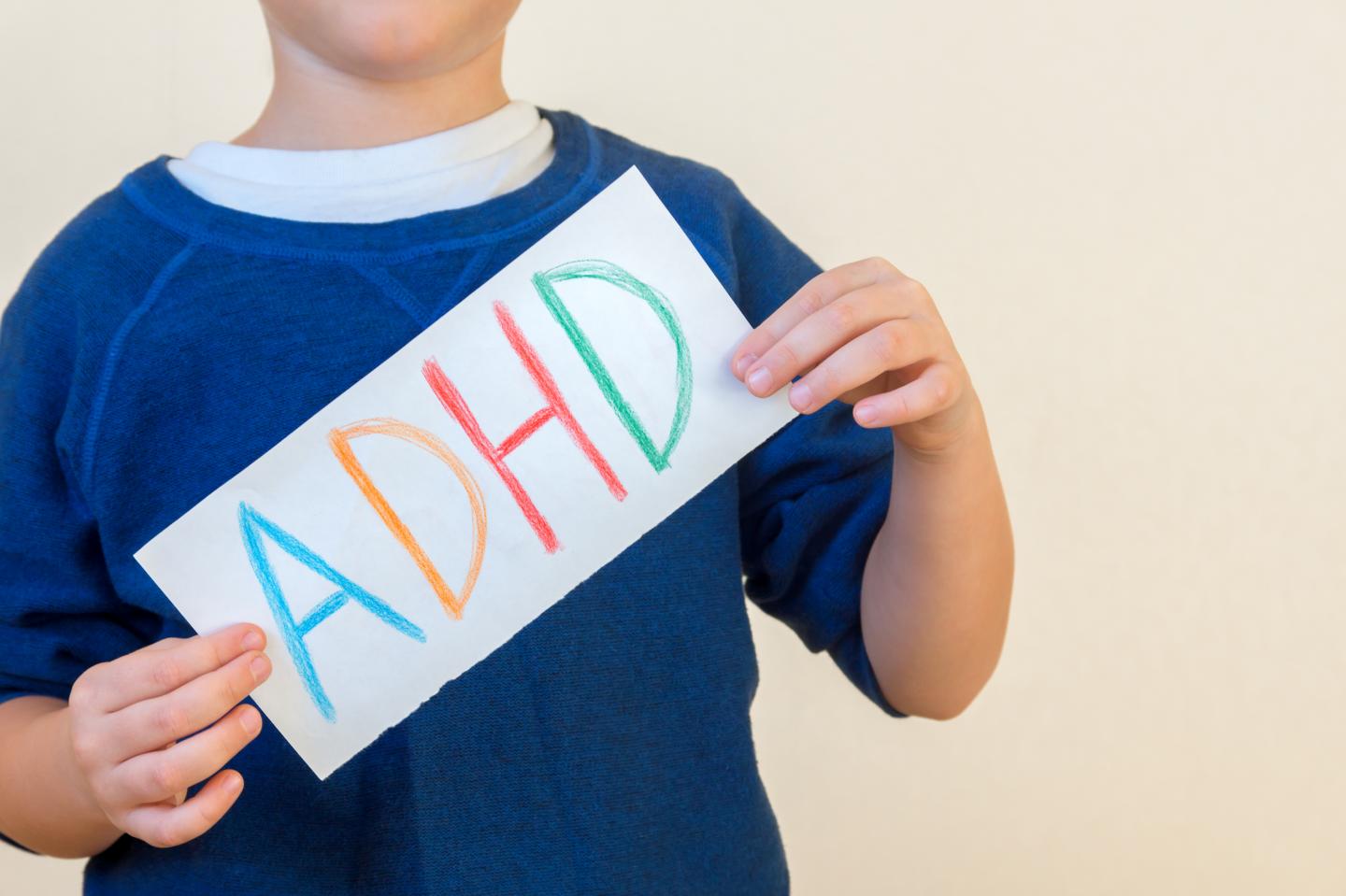Health experts on how to have an ADHD-proof morning

Your support helps us to tell the story
From reproductive rights to climate change to Big Tech, The Independent is on the ground when the story is developing. Whether it's investigating the financials of Elon Musk's pro-Trump PAC or producing our latest documentary, 'The A Word', which shines a light on the American women fighting for reproductive rights, we know how important it is to parse out the facts from the messaging.
At such a critical moment in US history, we need reporters on the ground. Your donation allows us to keep sending journalists to speak to both sides of the story.
The Independent is trusted by Americans across the entire political spectrum. And unlike many other quality news outlets, we choose not to lock Americans out of our reporting and analysis with paywalls. We believe quality journalism should be available to everyone, paid for by those who can afford it.
Your support makes all the difference.Amazon has launched a campaign to highlight the functions its Alexa virtual assistant has that can support people who suffer from attention deficit hyperactivity disorder (ADHD).
In celebration of Neurodiversity Celebration Week, the technology company has collaborated with the ADHD Foundation Neurodiversity Charity and I’m A Celebrity… Get Me Out Of Here! winner, Sam Thompson – who has opened up about living with ADHD in a new short film – to publish an online guide.
People who own the smart speaker can ask, “Alexa, I have ADHD, can you help me get organised?”, and will receive a list of suggested features that can support them, including reminders, calendar markers, setting focus time and other organisational tasks to help them each day.
Neurodivergent people process, learn and behave differently to the average “neurotypical” person. But according to Dr Tony Lloyd, chief executive of the ADHD Foundation Neurodiversity Charity, one in 20 people live with ADHD.
“Support from Alexa in the morning will enable those with ADHD to start their day on a positive note, leaving them with greater energy and focus for the rest of the day so they can go out and let their talent shine,” Lloyd said.
Thompson, also a former Made in Chelsea star, added: “My ADHD can make it difficult for me to leave the house as I can get easily distracted and overwhelmed with my thoughts running a million miles an hour.
“Setting up an Alexa routine has been transformative for my mornings, and I think so many others with ADHD would benefit from using this guide.”

But if you have ADHD, how can you build a better morning routine that sets you up for a great day? Health experts explain everything you need to know…
Explained
What is ADHD?
According to Dr Seb Thompson, consultant clinical psychologist at Cygnet Health Care, ADHD is a neurodevelopmental condition that impacts someone’s attention and their levels of hyperactivity and impulsivity.
“Typically, when someone has ADHD they tend to struggle with their attention span, hyperactivity, and impulsivity, although it is possible to just struggle with symptoms from one specific domain (e.g. just symptoms of inattentiveness).
“ADHD is a neurodevelopmental condition, which means that there needs to be evidence of the presence of these traits before the age of 12. Usually, these traits are present much earlier in childhood, although a typical ADHD assessment would tend not to occur before the age of seven years old.”
Have a visual or written checklist
For educational psychologist Dr Patricia Britto, establishing a consistent, non-negotiable routine is vital as it helps individuals with ADHD regulate the brain’s circadian rhythm.
“[This can have] a positive ripple effect on their sleep patterns and promotes overall wellbeing. Having a routine also enhances time-management skills, as it provides predictability when engaging in a sequence of activities, such as getting dressed in the morning and being on time,” said Britto.
“A visual or written checklist of tasks to achieve in the morning is highly critical. It is essential to tick off the visual or written checklist as one progresses through a morning routine.”
Charlene McIntosh, lead psychologist at Cygnet Health Care, is in agreement and added: “Task prioritisation is really important. Make a list of tasks for the day and prioritise them based on importance and urgency. Utilise visual cues, such as sticky notes or a whiteboard, to remind yourself of important tasks or appointments.
“You can also break larger tasks into smaller, more manageable steps to avoid feeling overwhelmed and look around your environment to limit distractions.”
Exercise in the morning
Apart from setting a consistent time to wake up, to help regulate your body’s internal clock, McIntosh encourages people with ADHD to also consider some morning exercise.
“Engaging in physical activity helps to boost dopamine levels, which can help with focus and mood regulation. Likewise, spending a few minutes practising mindfulness or meditation to calm the mind and improve focus can be of great benefit and set you on the right path for the day ahead,” she said.
“In terms of breakfast, it is important to eat a nutritious breakfast to fuel your body and brain.”
Use a timer or alarm
Individuals with ADHD should use a timer or alarm to help them monitor their ability to stick to a plan and a routine.

“At the end of each morning, individuals with ADHD should reflect and evaluate how well they are sticking to a routine, and do more of what works. Individuals need to reflect, get to know themselves, and stick to what works,” said Britto.
“Equally, individuals with ADHD should identify one aspect of their morning routine that does not work and focus on changing that area.”
Identify what motivates you
For Britto, individuals with ADHD need to identify what motivates them to follow a routine.
“For example, some may find listening to music helpful in sticking to a task, while others may find it distracting. Finding internal motivation, such as reaching a personal goal or feeling accomplished, is vital,” she said.
“There is no right or wrong answer; however, searching for the most effective motivator is critical, and the likelihood of a successful morning routine will increase.”
Keep things simple
Another tip from psychotherapist and co-host of the Insight Podcast, Helen Villiers, is to keep things as simple as possible.
“To minimise transitions, reduce your choices, which will minimise overwhelm and analysis paralysis, and use punishments, not rewards for not completing a task,” said Villiers.
“The ADHD brain unfortunately responds a lot better to punishment than reward, so telling yourself ‘I can’t have X if I don’t do Y’ will be much more effective than the other way round. This isn’t an opportunity for you to be mean to yourself though.”